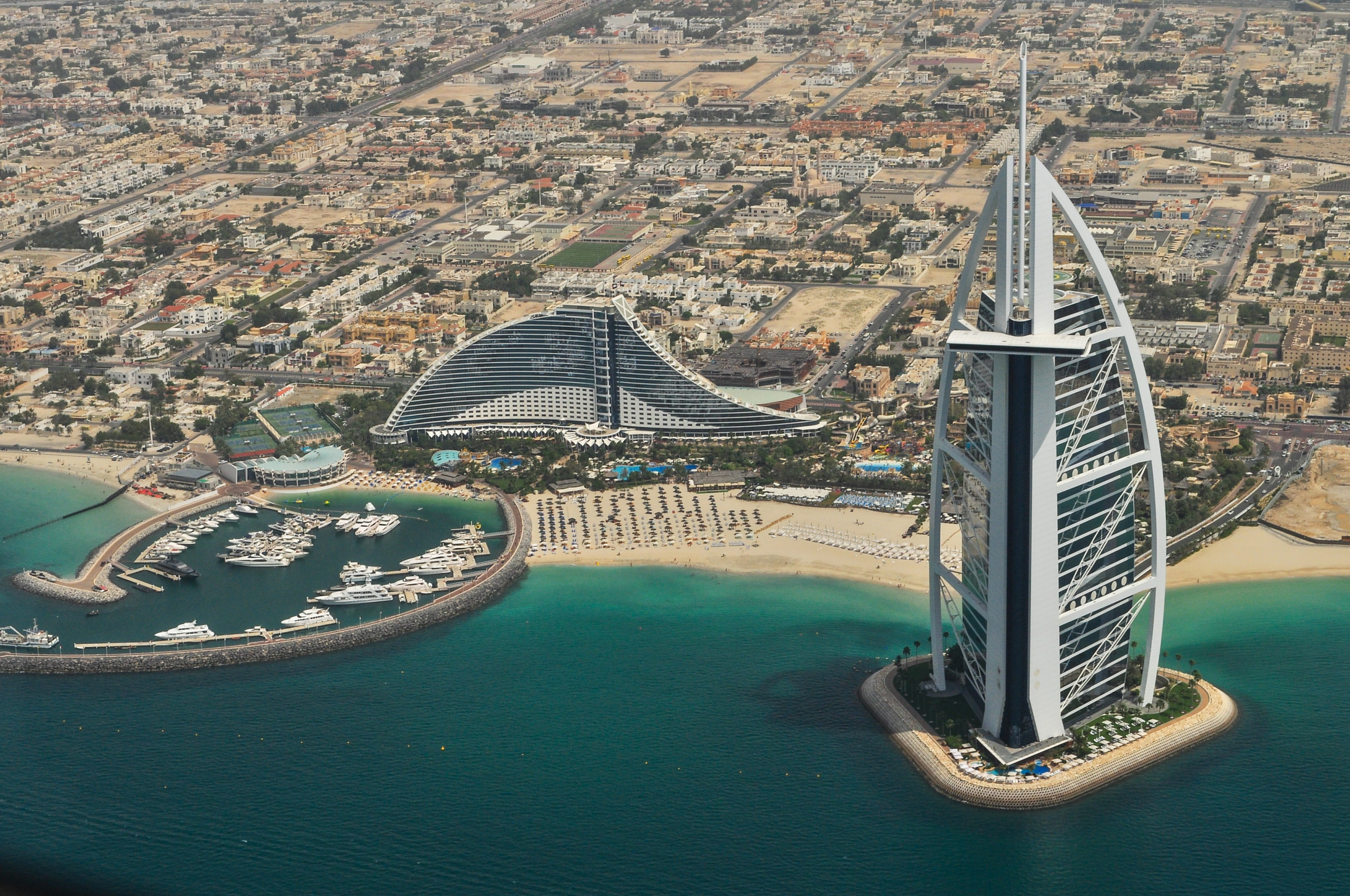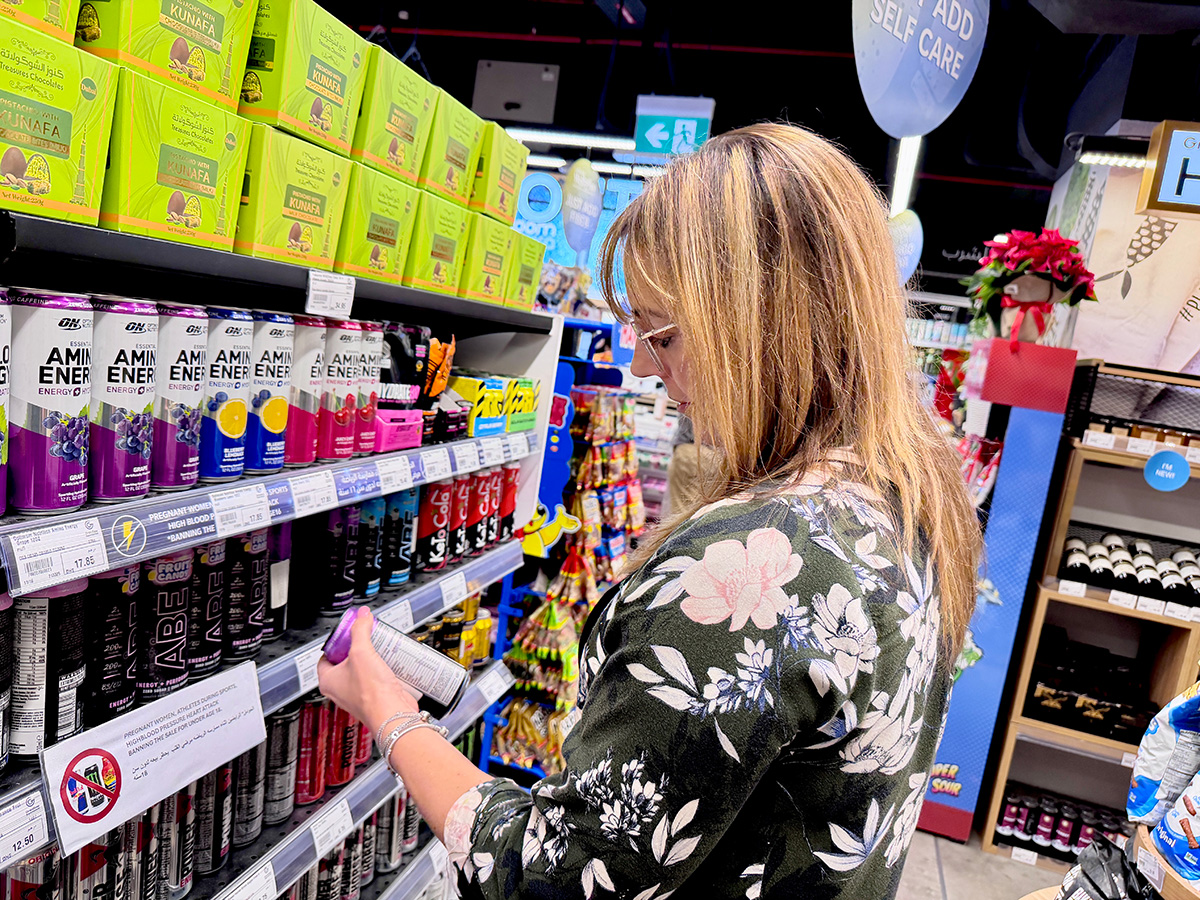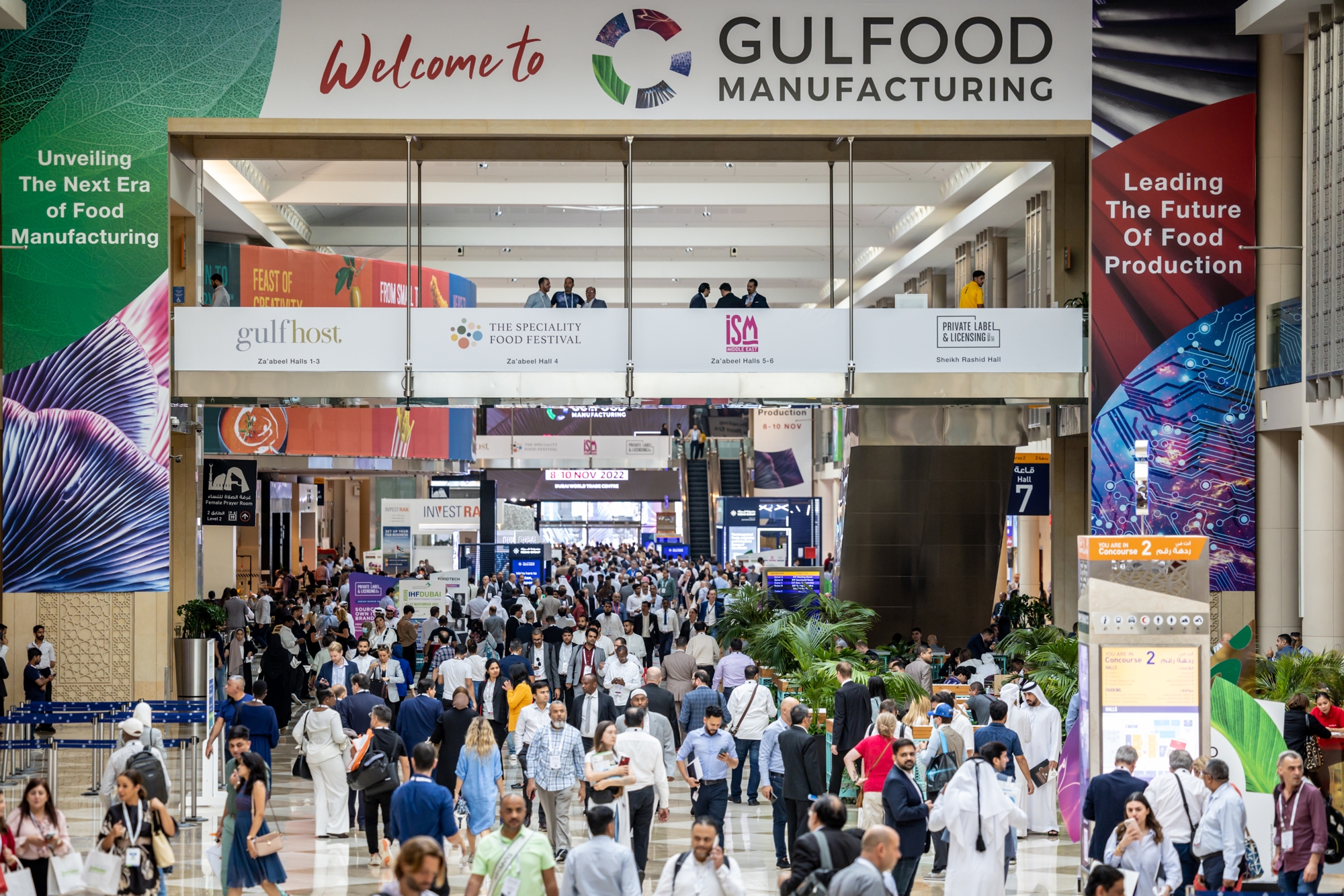4 Things you need to know
If you are considering exporting your food, drink or supplement brand to the UAE, there are a few things to consider within your export strategy and plan. The team here at Bolst Global visit the UAE regularly and have attended the Gulfood food and beverage exhibition in Dubai for a number of years. We exhibit on behalf of clients at trade shows in the UAE and undertake various assignments to gain key market insights and build relationships with our network of distributors and retailers.
The UAE is the UK’s 12th biggest export market, and as a fast-growing tourist destination with an increasing expatriate population, it is an attractive destination for many health food brands. Here are four practical things to consider following our in-depth research that can be accessed in full via our Bolst Global Gulf Report 2020
1.Routes to entry
When exporting to the United Arab Emirates, it is important to be prepared for the differences in requirements between your market and the UAE. Religious aspects in this region has an impact on any products containing meat (no matter how little!) and as such to supply this market then you must have halal certification. It is important that the halal certification body you use is recognised by the UAE Emirates Authority for Standards and Metrology (ESMA) https://www.esma.gov.ae/en-us/ESMA otherwise you risk import and compliance issues.
تصدير الأغذية والمشروبات
Your product packaging must also have all ingredients listed in Arabic at the very least (though a sticker may be used for this), as well the manufacture date and the expiry date in indelible ink. No more confusing UK ‘best before’ date!
Coming into place later this year is the legal requirement to also translate the nutritional table into Arabic too. This was due to come into force in Saudi Arabia already (regulation SFDA.FD 2233) but this has been postponed for implementation until 1st October 2020.
2. Retailers & Distributors
Most retailers in the UAE currently buy their imported goods through intermediaries such as a consolidator or a local distributor. Many of the consolidators offer a specific service to a specific retailer. This is certainly the case for British goods going into the UAE on a direct to retail basis (although not always this way with other export markets) The benefit as a brand owner of using a consolidator is that they can export small quantities initially of your product to test the market and will take country of origin stock, provide the export translation, labelling, ink jetting of production and expiry dates as well as transport the goods to the export market.
Distributors are also another good way to enter the UAE via your products. They can usually offer support with the local marketing, sales and distribution. Decisions around approaching a large scale distributor with a wide portfolio of lines versus a smaller more focused distributor are important to consider both for the UAE and as a general exporting strategy. For more insights, watch our interview with one of our UAE food and drink distributors.
3. Imports vs Production
Many of the countries which make up the Gulf Cooperative Council (GCC) import a large quantity of food products in comparison with their overall domestic food production, and the UAE is no exception. This is due to the harsh climate and scarce potable water, which strongly limits agriculture. Consequently this impacts retail prices of food and drink products in the UAE due to incurring import rates and duties versus the costs of growing locally. Consumers and particularly those who are Western European ex pats, will accept that they will need to pay more for foodstuff. When it comes to organic produce then often they can expect to pay 4-5 times the amount for conventional products. See our blog post on organic foods in the UAE to find out more on this topic.
You should consider your pricing strategy for the UAE very carefully as a result, factoring also in the supply chain and your chosen route to market.
4. Trends & Opportunities
Where are the biggest opportunities at present in the UAE?
Free-from: According to findings by Euromonitor, there is a growing niche for free-from (gluten-free, lactose-free, etc) This is largely due to increased awareness of issues surrounding health and food which continues to grow. We have more detailed category analysis on the free from sector that can be accessed via our market insight programme.
Sports/fitness foods: Sports protein products continued to dominate sales of sports nutrition in 2019 in the United Arab Emirates, with sports protein powder and protein/energy bars remaining the best-selling products. Pre-workout formulations fared well and benefited from better-informed consumers.
Drinks: There is a growing market for tea with the health and wellness trend continuing to drive demand for green and herbal teas. In other drinks categories, Islamic restrictions on alcohol have led to a strong growth in non-alcoholic drinks, amongst which the demand for soft drinks is moving more towards healthier or flavoured drinks. However this opportunity is not without its complications. A 100% sin tax on energy drinks has been in place since October 2017, with another 50% tax on all carbonated drinks. This was extending to all drinks containing sugar or sweeteners in December 2019. Plus don’t forget that bottled water must be ESMA approved too! View current UAE export opportunities
If you would like more information on the UAE, we have developed a UAE market access programme which includes detailed research and tailored guidance. Our team here at Bolst Global are attuned to this increasingly attractive market and the trends which contribute to its significant reliance on imports. If you would like to discuss how we can help your business export products to the United Arab Emirates, please complete the contact form below
*All data obtained from Euromonitor and BCB, accessed March 2020




